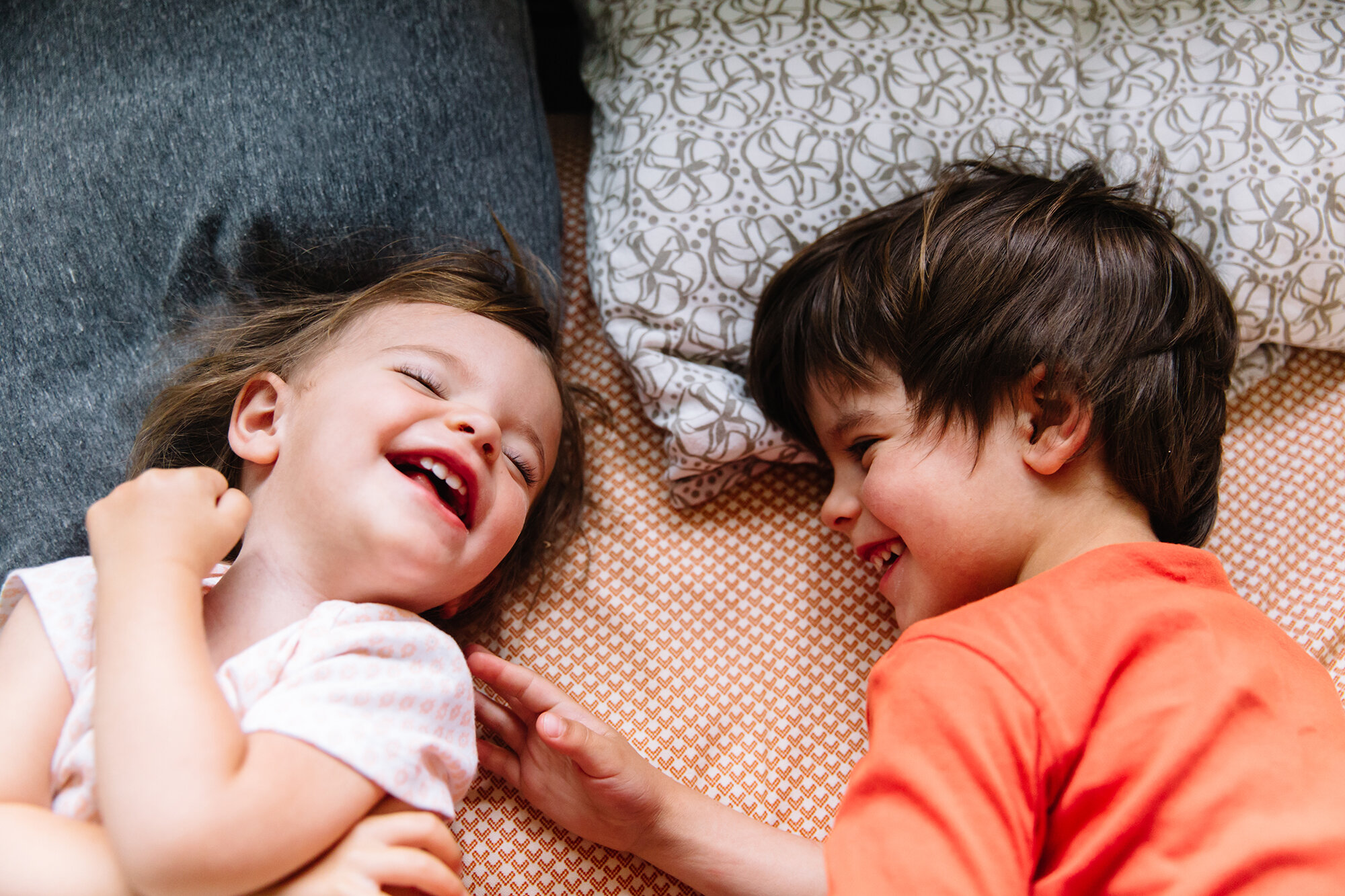Brain Injury, Sleep and Cognition - Untangling the long term Impact of childhood TBI
Welcome to the BISCUIT Study
What We Do
The BISCUIT Study (Brain Injury, Sleep, and Cognition – Untangling the long-term Impact of childhood Traumatic Brain Injury) was created to better understand how a head injury in childhood can impact daily life, especially when it comes to sleep, thinking, and behaviour.
Our research invites children and teenagers who have had a traumatic brain injury, as well as those who have experienced an orthopaedic injury not involving the head, to take part. We use simple at-home sleep tracking measures, fun thinking skill activities, and questionnaires to form a clear picture of how these experiences affect sleep and daily life.
By comparing the head injury and the orthopaedic group, we aim to discover which challenges are unique to head injuries, and learn how best to support children, teens, and families during recovery.
Who we are
The BISCUIT Study is led by Queen Mary University of London, in collaboration with Barts Health NHS Trust and University College London. Our interdisciplinary team includes psychologists, paediatric neurologists, and researchers with expertise in neurodevelopment, brain injury, sleep, and child cognition.
The study is shaped by contributions from families, researchers, and healthcare professionals who share the same goal: to help children recover and thrive after a traumatic brain injury.

Study Goals
The BISCUIT Study is dedicated to exploring the connections between childhood traumatic brain injuries (TBI), sleep patterns, and cognitive and behavioural outcomes. By involving children who have experienced head injuries and those with other types of injuries, the study aims to identify challenges that are unique to TBI and those that may affect children recovering from any serious injury.
Investigate how childhood TBI affects sleep, including difficulties falling asleep, staying asleep, or feeling rested.
Examine how sleep changes after TBI relate to thinking skills (like memory, concentration, problem-solving), and behaviour.
Listen to families’ experiences and opinions to help us design more effective sleep interventions for children after head injury.
Involve a comparison group (children with injuries not involving the head) to see which effects are unique to TBI.



